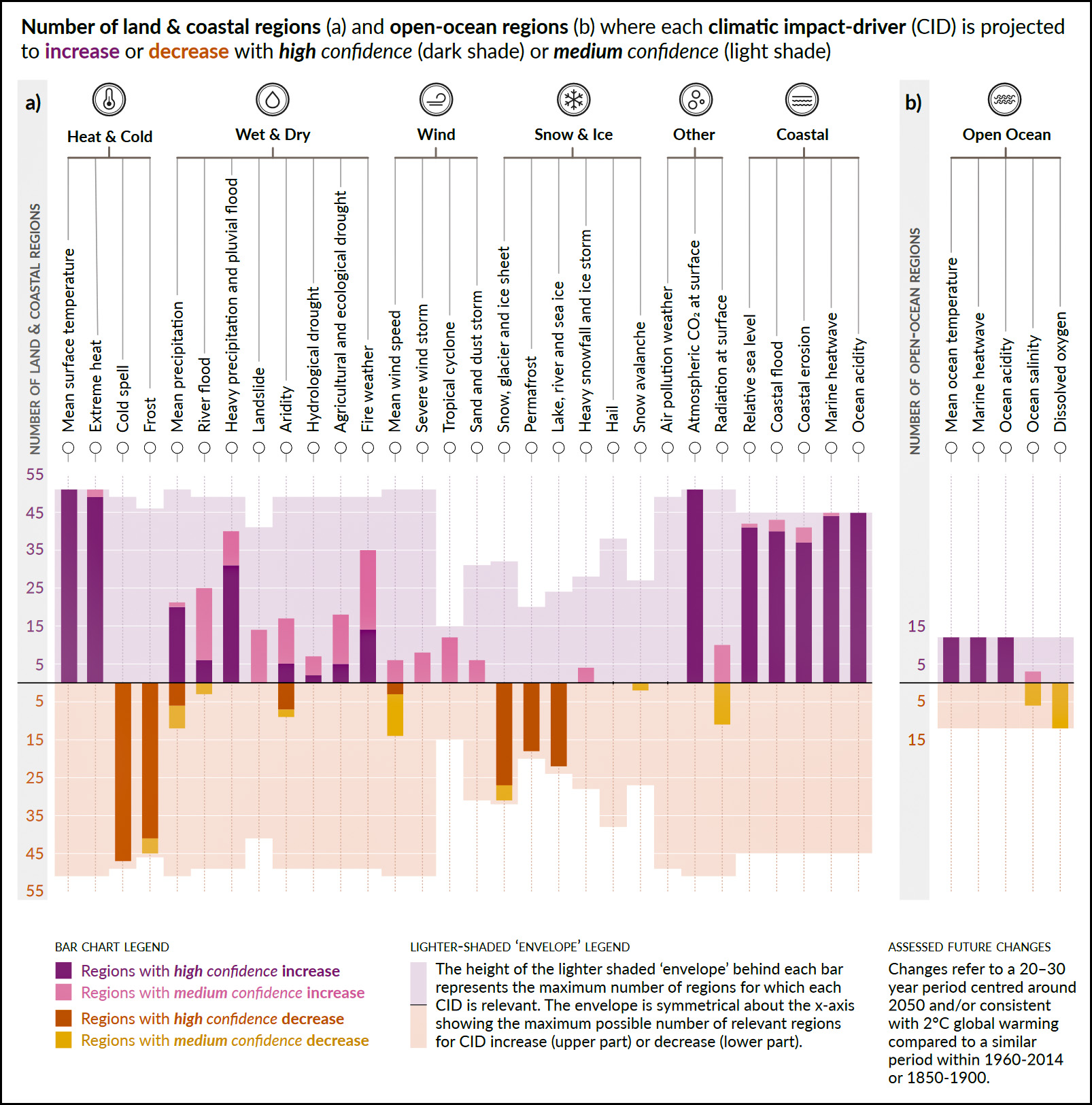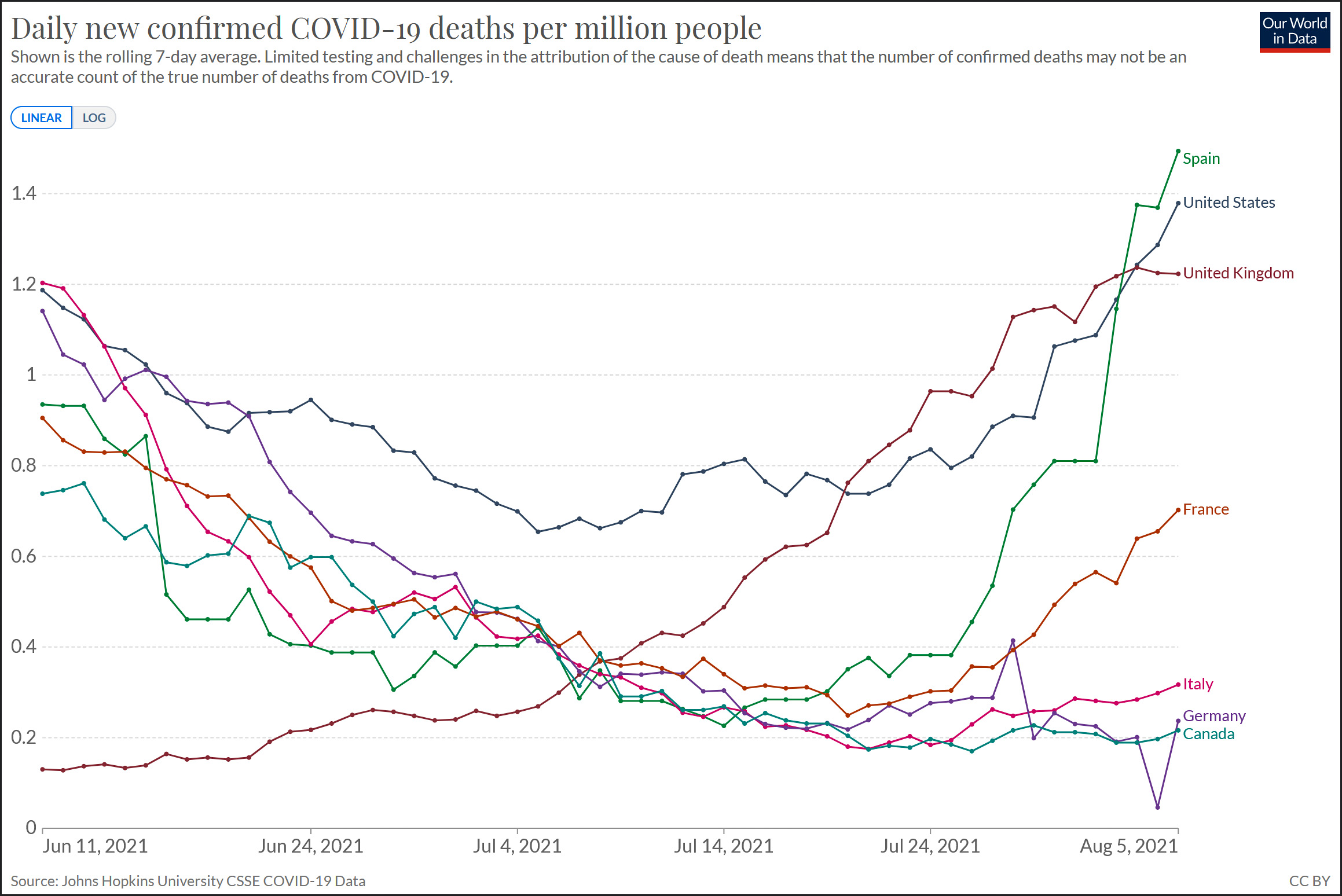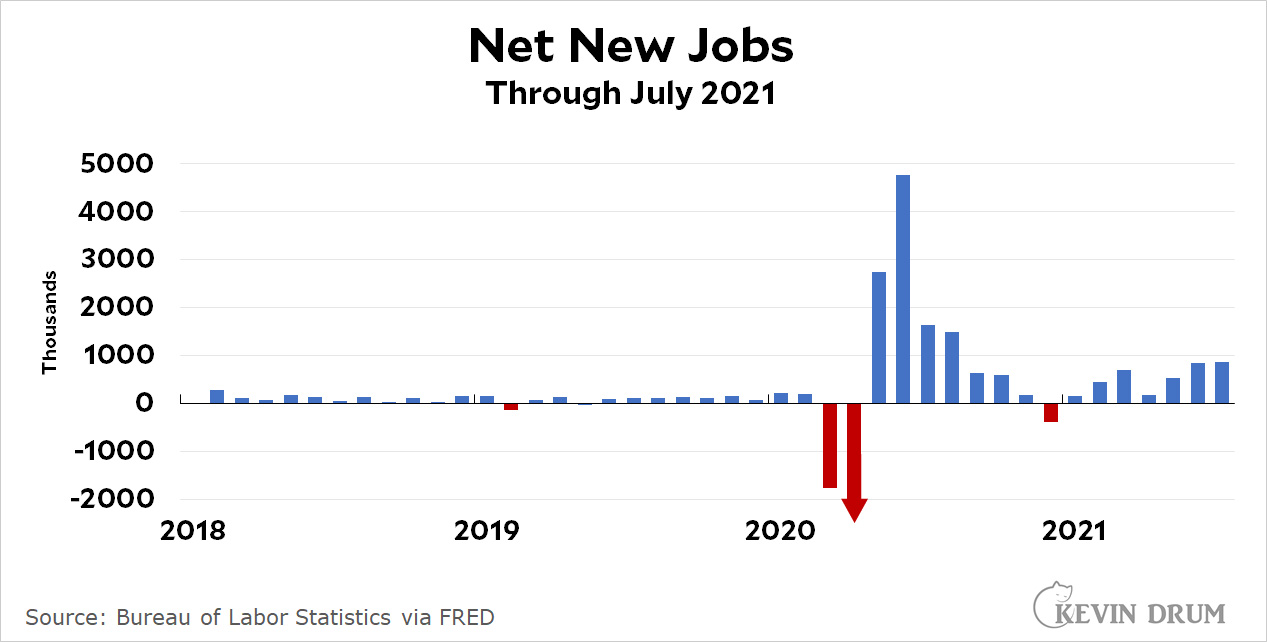This is a three-part story of heroism, intrigue, and ultimately treachery in the world of drug approval.
PART 1
Alex Tabarrok points me this weekend to a righteous rant about the FDA from psychiatrist Scott Alexander at Astral Codex Ten. After blasting them for several COVID-related decisions, he tells us about another example of FDA folly:
I worry that people are going to come away from this with some conclusion like “wow, the FDA seemed really unprepared to handle COVID.” No. It’s not that specific. Every single thing the FDA does is like this. Every single hour of every single day the FDA does things exactly this stupid and destructive, and the only reason you never hear about the others is because they’re about some disease with a name like Schmoe’s Syndrome and a few hundred cases nationwide instead of something big and media-worthy like coronavirus. I am a doctor and sometimes I have to deal with the Schmoe’s Syndromes of the world and every f@$king time there is some story about the FDA doing something exactly this awful and counterproductive. A while back I learned about cholestasis in infant Short Bowel Syndrome, a rare condition with only a few hundred cases nationwide. Babies cannot digest food effectively, but you can save their lives by using an IV line to direct nutrients directly into their veins. But you need to use the right nutrient fluid. The FDA approved one version of the nutrient fluid, but it caused some problems, especially liver damage. Drawing on European research, some scientists suggested that a version with fish oil would cause less liver damage — but the fish oil version wasn’t FDA-approved. A bunch of babies kept getting liver damage, and everyone knew how to stop it, but if anyone did the FDA would take away their licenses and shut them down. Around 2010, Boston Children’s Hospital found some loophole that let them add fish oil to their nutrient fluid on site, and infants with short bowel syndrome at that one hospital stopped getting liver damage, and the FDA grudgingly agreed to permit it but banned them from distributing their formulation or letting it cross state lines - so for a while if you wanted your baby to get decent treatment for this condition you had to have them spend their infancy in one specific hospital in Massachusetts. Around 2015 the FDA said that if your doctor applied for a special exemption, they would let you import the fish-oil nutritional fluid from Europe, but you were only able to apply after your baby was getting liver damage, and the FDA might just say no. Finally in 2018 the FDA got around to approving the corrected nutritional fluid and now babies with short bowel syndrome do fine, after twenty years of easily preventable state-mandated damage and death. And it’s not just this and coronavirus, I CANNOT STRESS ENOUGH HOW TYPICAL THIS IS OF EVERYTHING THE FDA DOES ALL THE TIME.
PART 2
Something about this didn't seem quite right to me, so I looked around for more details. Luckily, it turns out that Kathleen Gura, who was intimately involved in this case, got an award for her work and delivered an acceptance speech that provided lots of detail about how it all happened.¹ Here are the basics:
2002: Gura had a cancer patient that was having trouble with conventional nutrition delivered via tube. She called around for ideas, and everyone gave her the same advice—the patient just has to suck it up—except for one doctor, who had recently heard about a fish-oil based lipid emulsion from Sweden called Omegaven. Gura got emergency approval from the FDA to try it and then got some shipped over. It worked great.
2002: Gura was also involved with a team looking for ways to treat infant short bowel syndrome, which causes liver failure in some patients. Everyone suspected a toxin of some kind, but Gura convinced one doctor to do some mouse trials with Omegaven. It worked, but no one believed it. "Everyone knows it's not the lipids," she was told.
2004: Gura continued her mouse studies on the side but was unable to get funding for more serious research. Even the Swedish manufacturer had no interest in sponsoring additional research. However, one day a doctor expressed interest in using Omegaven on a child who had no other options. It worked.
2005: A few more babies were treated with Omegaven and had good results. The FDA suggested Gura apply for regular (non-emergency) investigational drug approval. She did and it was approved.
2006: Even so nobody was interested in publishing her results. After a dozen rejections, her paper was eventually published in Pediatrics.
2007: Gura started up a media war to persuade the manufacturer of Omegaven to release it in the US. They didn't want to, but succumbed after getting beaten up over it.
2007-12: Gura faced considerable opposition to her ideas, partly because she had never run a double-blind study. But she continued treating a few patients each year with Omegaven, and by 2012 it was on its way to becoming standard of care used by lots of hospitals around the country on an emergency basis. In 2012 the Swedish manufacturer finally submitted a New Drug Application to the FDA, but they asked for approval of Omegaven only as a treatment for liver disease. However, thanks to FDA guidance the NDA was changed to allow Omegaven to be used as a nutritional fluid that would prevent liver disease.
2014: A team in Hong Kong published the results of a double-blind study. It had been shut down early because the Omegaven group was so obviously doing better, but it was enough to convince the FDA that a randomized, controlled trial was not necessary. The FDA would instead accept pair-matched historical controls.
2018: Omegaven gets final approval from the FDA.
PART 3
Gura's narrative is wildly different from Alexander's. She mentions problems with testing; with funding; with publications; with the Swedish company itself; and with the medical community, which didn't accept her results. But the FDA was helpful. They provided emergency IDAs. They suggested she get a regular IDA. They caught a problem with the New Drug Application that would have severely limited Omegaven's usefulness. They accepted the results of the aborted Hong Kong study. And the time it took for FDA approval was not 16 years, but six years, since the manufacturer didn't even submit an application until 2012.
After I had written all this, I went back to Alexander's site and noticed that he had added an update. Several people wanted to know more about the Omegaven affair, so he provided a link to a post he had written about it. It starts like this:
I plucked that from the anti-FDA blogosphere, where it had been floating around for a while in various incarnations. I tried to check it before publishing, but only enough to confirm the basic outline.
Indeed. After getting the questions, he did some more research and it turns out that he relied for this research on exactly the same document I did: Kathleen Gura's speech. After a long summary he says, "There still have not really been any great large-scale studies proving that Omegaven works better than older nutrient fluids, though my impression is that everyone who uses it believes it does." That's not exactly great evidence for his thesis that Omegaven was a miracle drug caught in bureaucratic FDA hell.
Then Alexander admits some specific errors in his initial story but says, "Still, I think the basic structure was right — the new fluid was better than the old fluid, this was pretty clear in terms of miraculous recoveries, and it took 14 years between the first patient saved and full FDA approval."
This is headshakingly dense. As a hit on the FDA, his post wasn't right at all—not its basic structure and not anything else about it. He even admits that although Gura criticizes plenty of other actors, the FDA isn't one of them:
The FDA, in comparison, comes out looking pretty good. They approved the first few original single-patient exemptions to import Omegaven from Europe. They (eventually, after a lot of work) approved the Investigational New Drug application that let Boston Children’s Hospital keep using it (I’m still unclear whether any other hospitals got INDs for this). They even contributed a little funding to get one small study done. It wasn’t enough, but the FDA is not primarily a funding body, actual funding bodies dropped the ball on this one, and so it’s really impressive that the FDA went above and beyond to try to move Omegaven through the pipeline. Dr. Gura seems to have been left with the impression that the FDA was one of her few allies during this fight, which I think is fair.
I mentioned in a section of my recent post, “Sympathy For The Devil”, that I think the FDA as an agency is often quite good. They’re smart, caring people, and they usually carry out their mandate well — so well that the few exceptions, like aducanumab, are highly newsworthy. I have no objection to Dr. Gura’s mostly-positive portrayal of them.
This bears no resemblance—none—to the diatribe in Part 1:
Every single hour of every single day the FDA does things exactly this stupid and destructive....I am a doctor and sometimes I have to deal with the Schmoe’s Syndromes of the world and every f@$king time there is some story about the FDA doing something exactly this awful and counterproductive.
I have no idea how you can write "they usually carry out their mandate well" in one place and then, in your main post, just go ahead and repeat your original belief—backed by an example you know is wrong—that the FDA does stupid and destructive things on practically a daily basis.
This is why I'm automatically skeptical of anything on the web that's excessively critical of the FDA. It's not that I think the FDA is above reproach. It's because of the existence of the "anti-FDA blogosphere" that Alexander mentions. There is indeed an active clique of FDA critics in the blogosphere, mostly of a libertarian bent, who are willing to accept and pass around the most egregious stories imaginable of FDA incompetence. Occasionally they're true, but most often they're very highly exaggerated, like this one. Other times they're little more than urban legends.
The FDA has plenty of problems, and their critics have performed a useful service by pushing them to improve. That said, the FDA doesn't screw up every hour of every day on practically every useful drug ever presented to them. Even taking normal human frustration into account, that's inexcusable.
¹Note that throughout the text I'm using Gura as shorthand for "Gura and other people who were involved in getting Omegaven approved."







